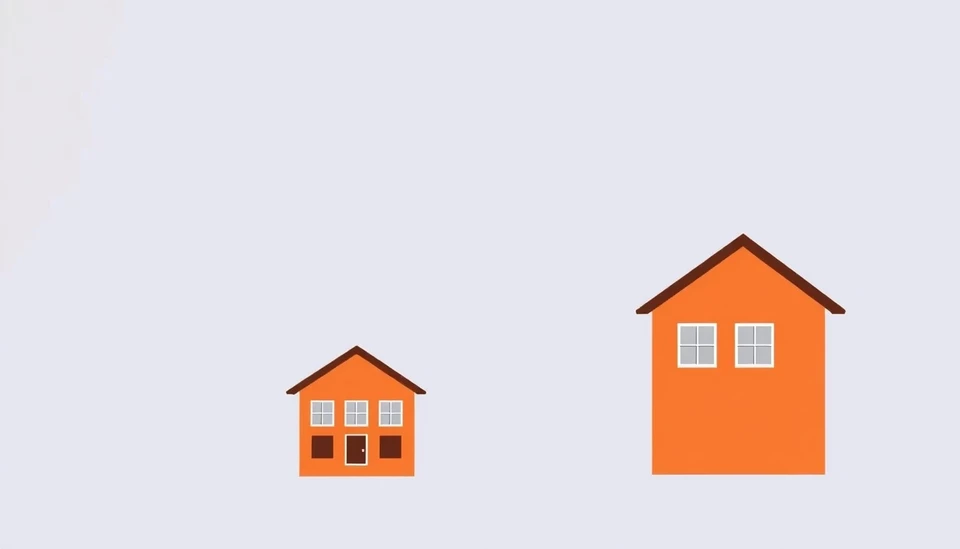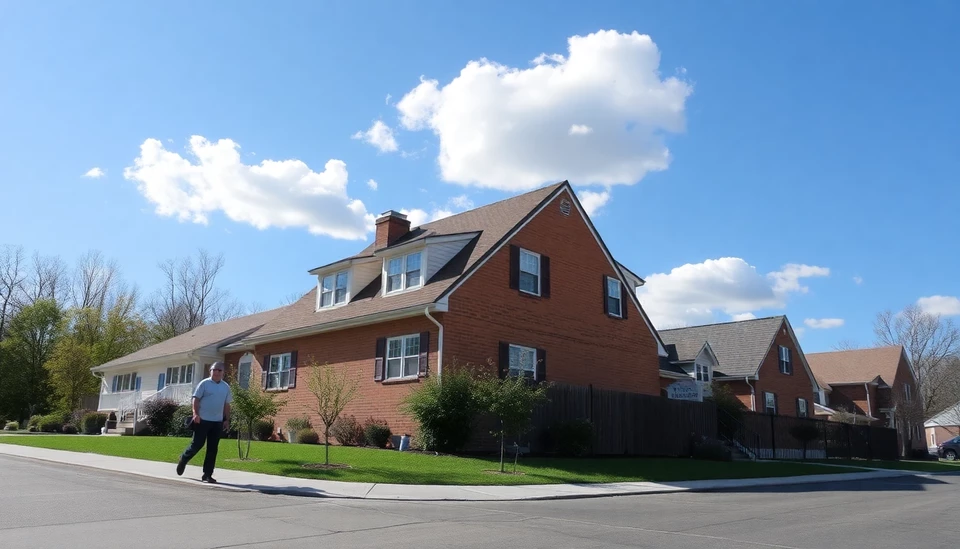
Recent findings indicate a significant narrowing of the wealth gap between Black and White residents in Gwinnett County, Georgia, a trend that researchers and community advocates are celebrating as a step towards economic equality. This suburban area, which is one of the fastest-growing counties in the United States, has seen Black households amass greater financial resources over recent years, thus repositioning economic dynamics that have long favored White families.
According to a new report from the U.S. Census Bureau, the median net worth of Black households in Gwinnett County has increased markedly, jumping from $30,000 to $77,000 between 2010 and 2020. This increase reflects a significant rise in homeownership, educational attainment, and access to well-paying jobs—factors that have positively influenced financial stability and wealth accumulation within the Black community.
In contrast, the net worth for White residents has remained relatively static, with minimal growth over the same period. This change highlights a pivotal development in the socioeconomic landscape of Gwinnett County, which is home to a diverse population and has increasingly become a focal point for studies analyzing systemic economic disparities across racial lines.
Community leaders attribute this positive shift largely to evolving local demographics and concerted efforts to enhance community resources. Programs aimed at promoting entrepreneurship and homebuying among Black residents have started to bear fruit, with an increase in the number of small businesses and homeowners in the area.
Local organizations have also focused on improving access to education and job training, which have opened doors for many individuals seeking better employment opportunities. This commitment to fostering a more inclusive economic environment has resulted in Black residents not only entering higher-paying job markets but also pursuing higher education degrees at rates previously unseen—both critical components in boosting wealth accumulation.
Despite these encouraging trends, advocates stress that further work remains to sustain and amplify this momentum. Issues such as access to capital, ongoing education disparities, and systemic inequality continue to pose challenges that need addressing to ensure that economic advancements are both equitable and sustainable.
As the Black population in Gwinnett County continues to grow, predictions for the future indicate that the wealth gap may continue to close, provided that institutions and community leaders remain committed to fostering an inclusive economic environment where all residents have the opportunity to succeed.
#WealthGap #EconomicEquality #GwinnettCounty #BlackWealth #CommunityDevelopment #JobOpportunities #Homeownership #EducationEquity
Author: Daniel Foster

